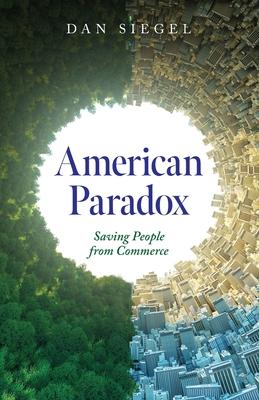This book addresses the problem of our contradictory nature. It does so by describing in detail the ways we may deceive ourselves about how we can bring about harm while telling ourselves quite the opposite.
Future generations may rightly condemn us for not doing more to save the world's climate, on which all of us depend. While this is a logical question, and deserves an answer, no response could be complete without also asserting our dual and divided nature. Imagine a cruise ship traveling to Greenland or Antarctica with the express goal of informing the passengers about the peril of global warming. Not only is the cruise itself contributing to global warming, but there is a good chance the ship is dumping its untreated garbage into the ocean. While this is a striking example of self-deception, of the role that feelings play in perception and belief, it is only one example. Today, in the United States, there are more cars on the road traveling longer distances. Mass traveling on holidays have recently reached historic highs. The need to recognize our self-deception is stronger now than in recent memory.
Most famously, from Shakespeare to Anton Chekov, our duality has been portrayed in literature. Many motion pictures have done the same. In this book, humanism is the vehicle for explaining our self-contradictions. The book presents a framework that seeks to explain the challenges of values, perceptions and beliefs that often have a foundation in emotions. This is an inescapable aspect of our nature. Rather than simply regretting the present state of our society and politics, the book provides a perspective by which the individual reader can better understand the conflicts.
